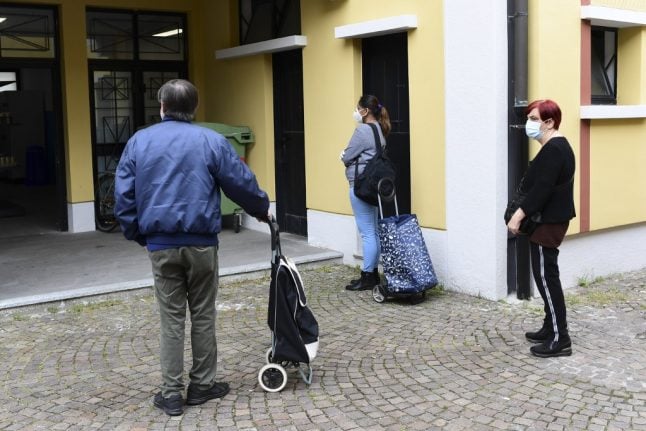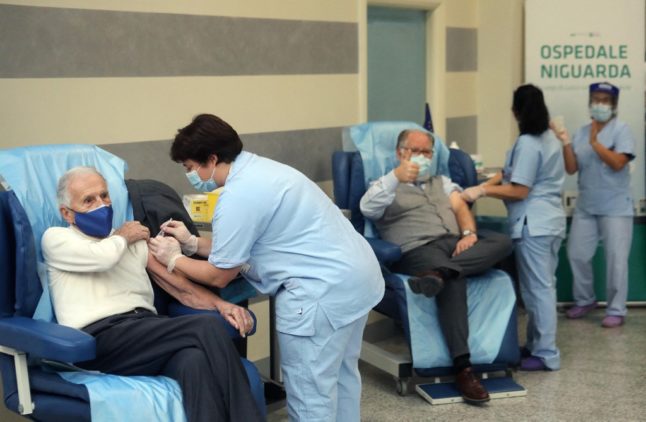With the Italian economy hit hard by the coronavirus shutdown, and Italy's GDP set to drop by eight percent in 2020, the next few years look bleak for a country which was already struggling with high levels of unemployment and poverty.
Anpal, the Italian government's National Agency for Active Labor Policies, estimates that half a million jobs will be lost in the country this year.
“We can expect a loss of 500,000 jobs in 2020 and a partial recovery in 2021, with a negative balance of 250,000 jobs,” Anpal's President, Mimmo Parisi, told the Italian Senate's Labour Commission on Thursday,
He said Anpal's “optimistic forecast” predicted a slow recovery, with a “return to pre-crisis levels only in 2023.”
Before the coronavirus crisis, Italy was still feeling the impact of the 2008 financial crash. The national unemployment rate had been hovering at around nine percent.
READ ALSO:
-
Italy's shops and restaurants struggle to reopen with new rules and few customers
-
Italy's 'new poor': the people left without food by the coronavirus crisis
-
Could rebuilding Italy's crumbling roads and bridges save the post-lockdown economy?
Another one million people will have to turn to food banks and charities for help as a result of losing their jobs to the shutdown, Agricultural group Coldiretti has estimated.
When Italy's nationwide lockdown began in early March, some 11.5 million people – around half of the official Italian workforce – lost work or had their incomes slashed, and had to apply for government aid.
Italy's large unofficial workforce was also hit hard. National statistics bureau ISTAT estimates that some 3.5 million people had been working in the country's “shadow” economy, meaning they were unable to apply for any official help, and were left with nothing until further state aid for undeclared workers was announced in mid-May.
With criminal organisations reportedly swooping in to fill gaps left by the state, there are fears that Italy's mafia are poised to further exploit the desperation caused by the crisis.



 Please whitelist us to continue reading.
Please whitelist us to continue reading.
Member comments